Most popular articles in 2021
We wanted to share with you some of the most popular articles published in Nanoscale last year, determined by their citations and page views.
Read the most popular Nanoscale articles here
All of the articles in the collection are free to access until the end of March 2022. Read some of the featured articles below.
Revisiting anodic alumina templates: from fabrication to applications
Alejandra Ruiz-Clavijo, Olga Caballero-Calero and Marisol Martín-González
Nanoscale, 2021, DOI: 10.1039/D0NR07582E
2D metal–organic framework-based materials for electrocatalytic, photocatalytic and thermocatalytic applications
Yanpeng Xue, Gongchi Zhao, Ruiying Yang, Feng Chu, Juan Chen, Lei Wang and Xiubing Huang
Nanoscale, 2021, DOI: 10.1039/D0NR09064F
Inorganic nanohybrids combat antibiotic-resistant bacteria hiding within human macrophages
Martin T. Matter, Meagan Doppegieter, Alexander Gogos, Kerda Keevend, Qun Ren and Inge K. Herrmann
Nanoscale, 2021, DOI: 10.1039/D0NR08285F
Efficient single-photon pair generation by spontaneous parametric down-conversion in nonlinear plasmonic metasurfaces
Boyuan Jin, Dhananjay Mishra and Christos Argyropoulos
Nanoscale, 2021, DOI: 10.1039/D1NR05379E
Group-IV(A) Janus dichalcogenide monolayers and their interfaces straddle gigantic shear and in-plane piezoelectricity
Pradip Nandi, Ashima Rawat, Raihan Ahammed, Nityasagar Jena and Abir De Sarkar
Nanoscale, 2021, DOI: 10.1039/D0NR07027K
We hope you enjoy reading these popular articles.
With best wishes,
Dr Heather Montgomery
Managing Editor, Nanoscale











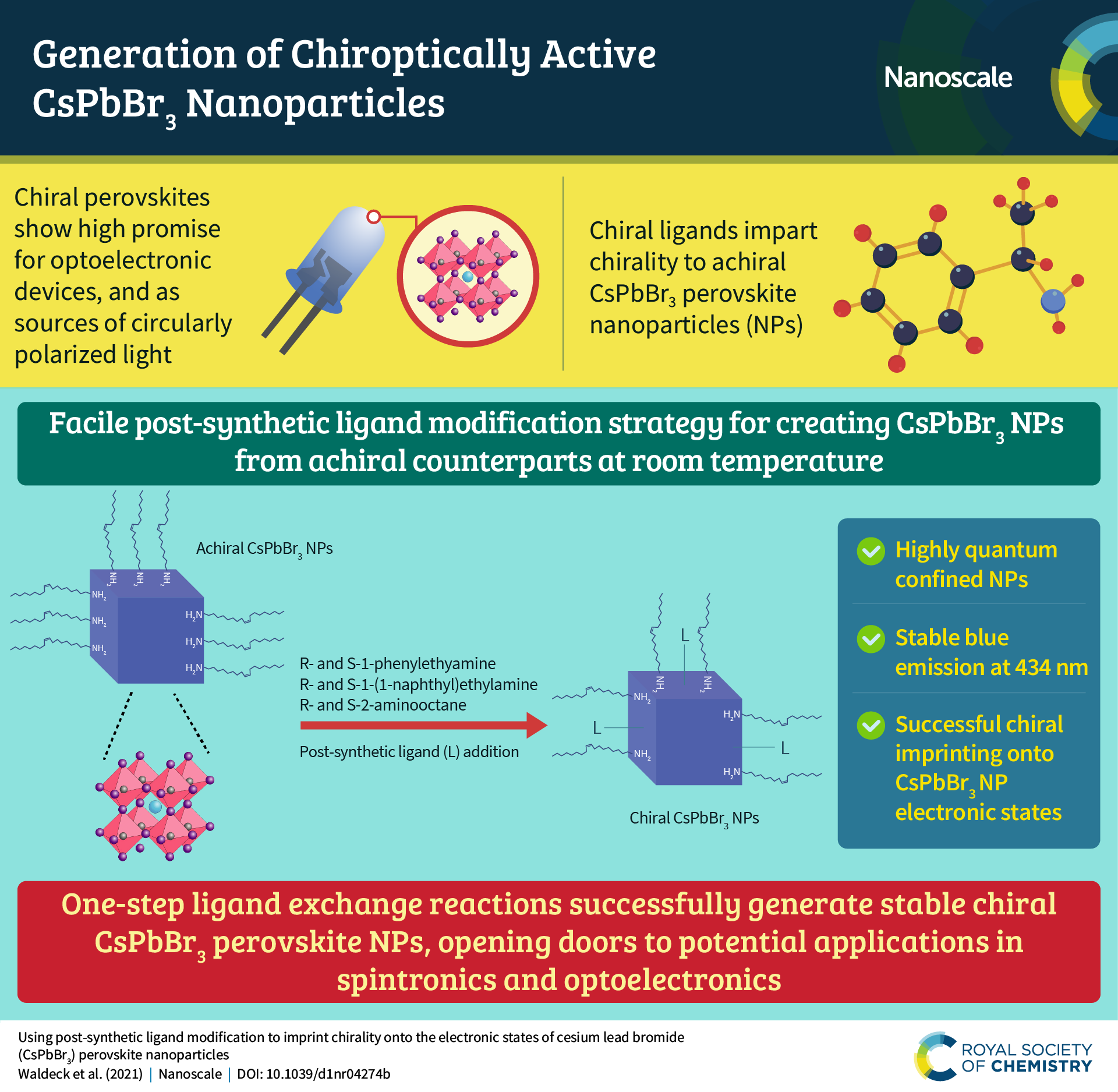


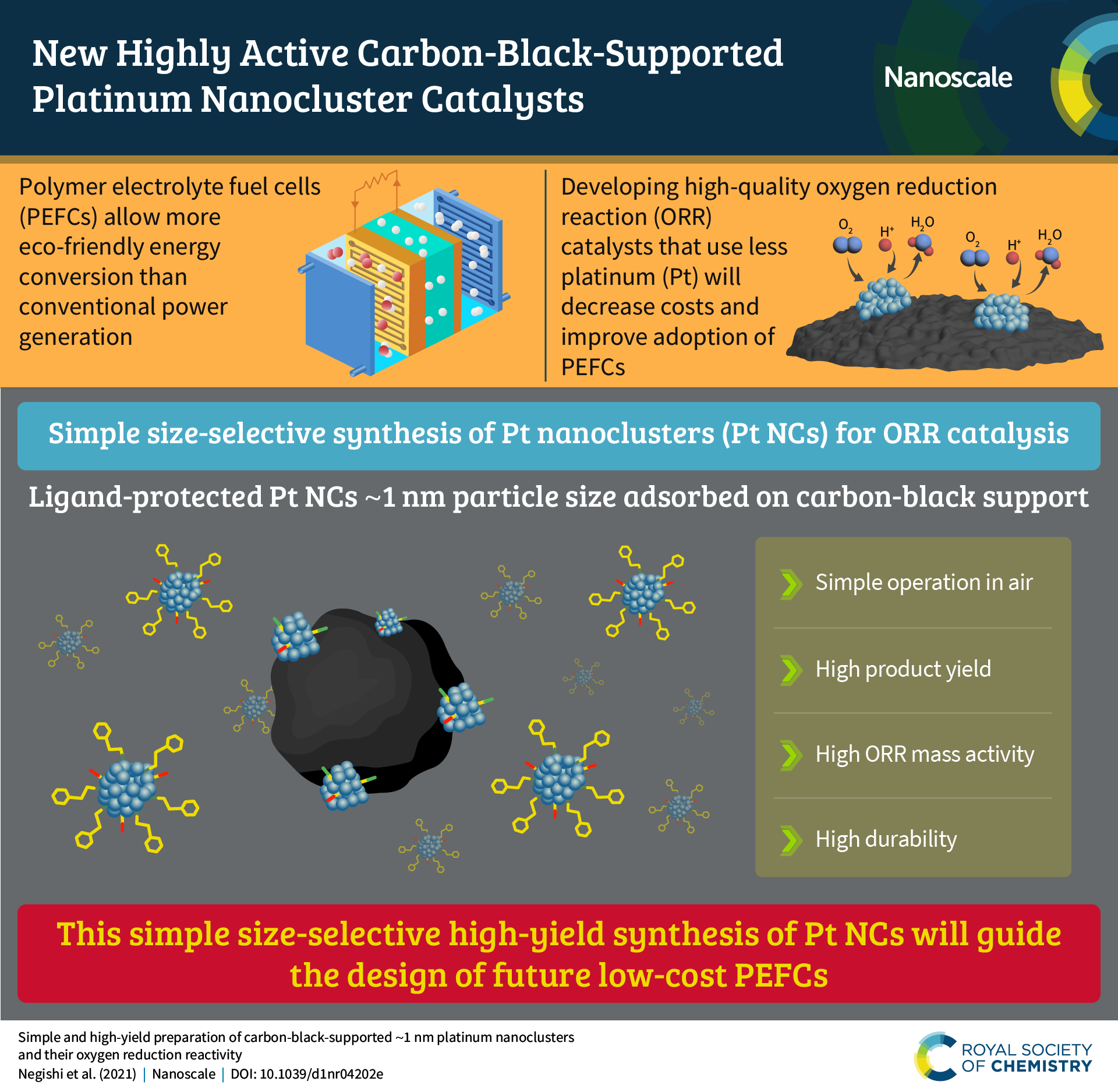
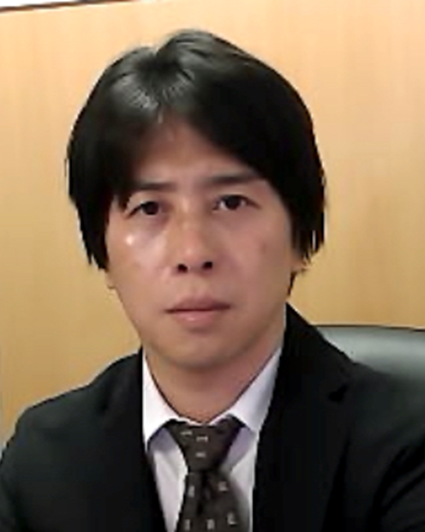

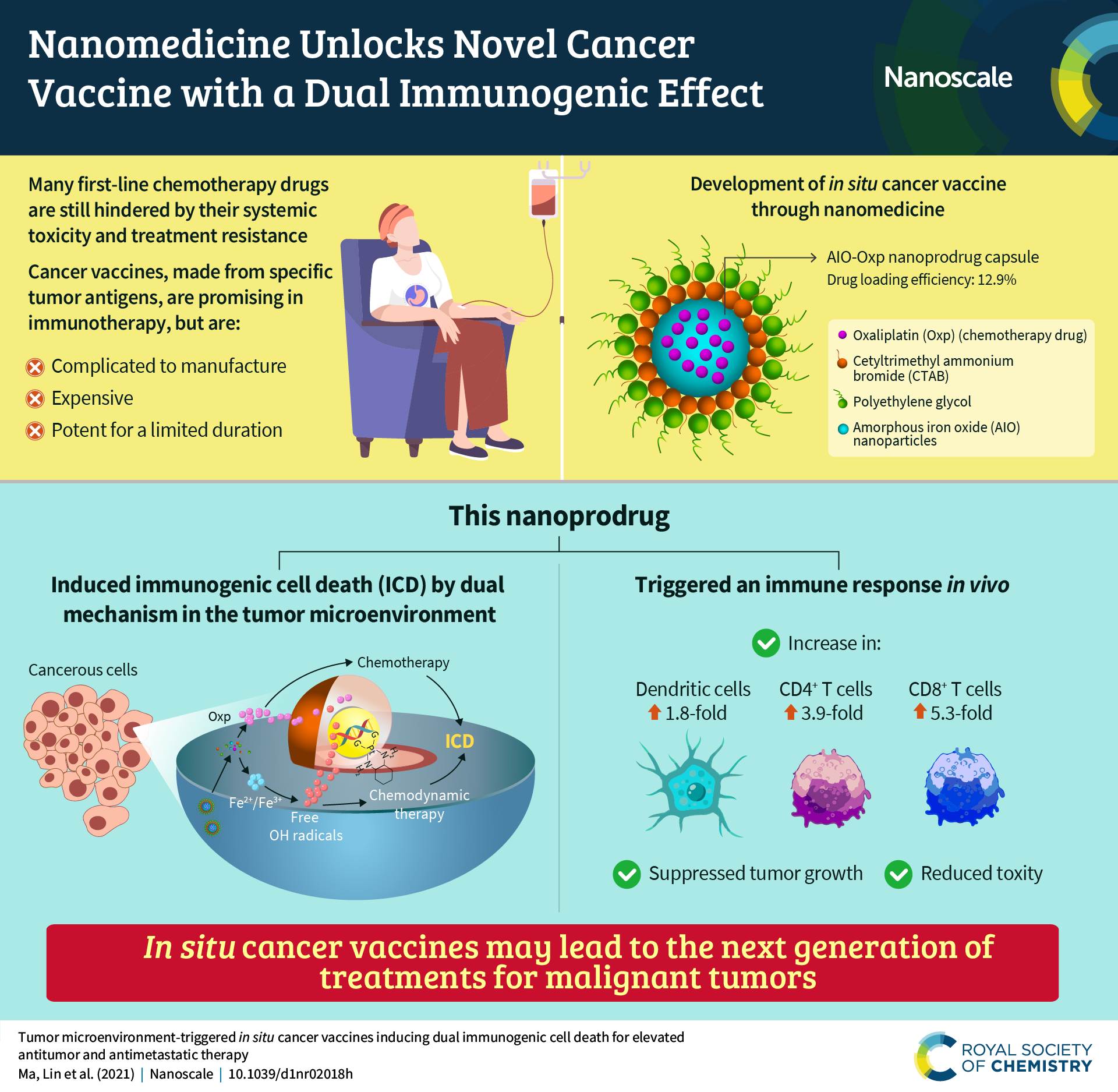
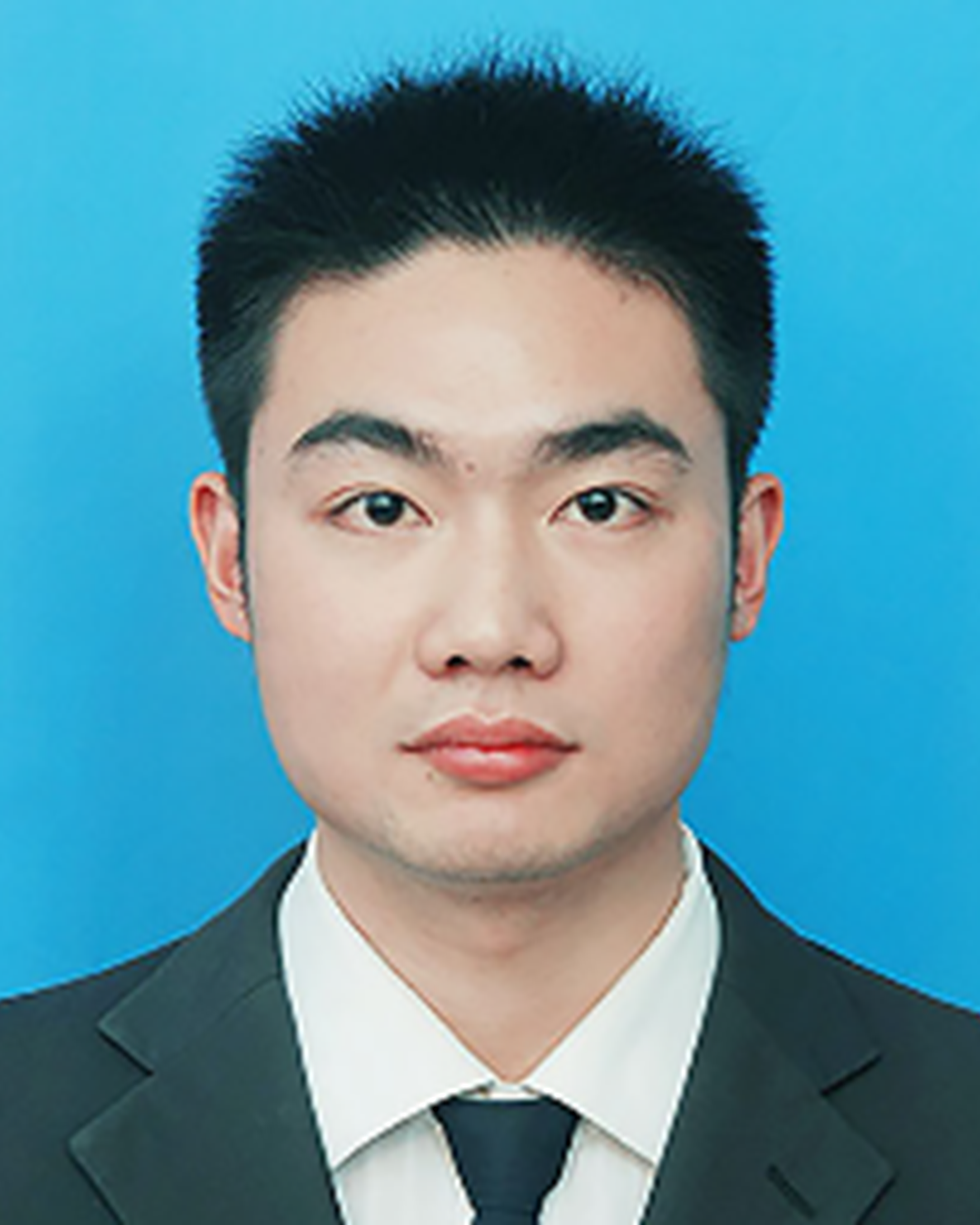
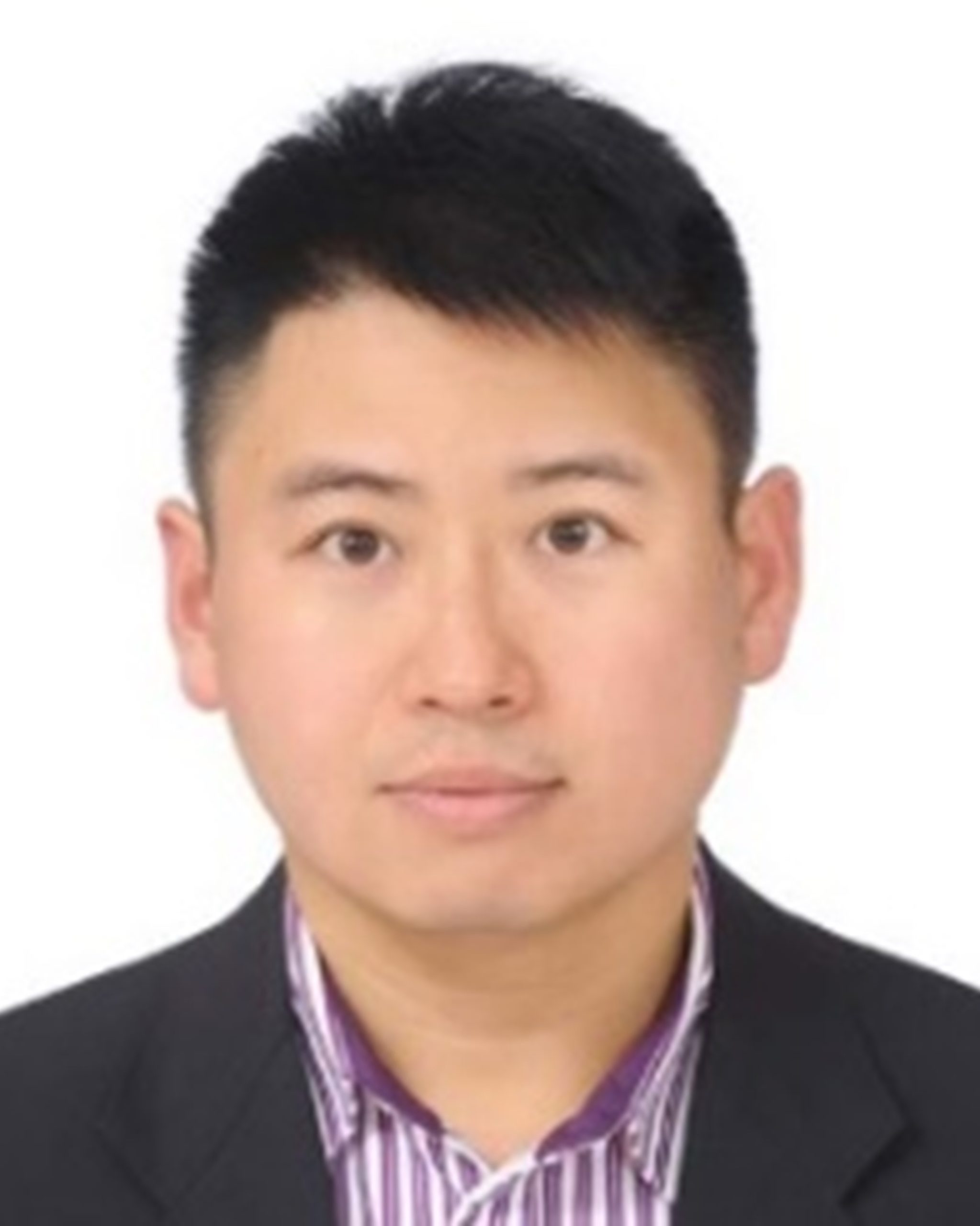
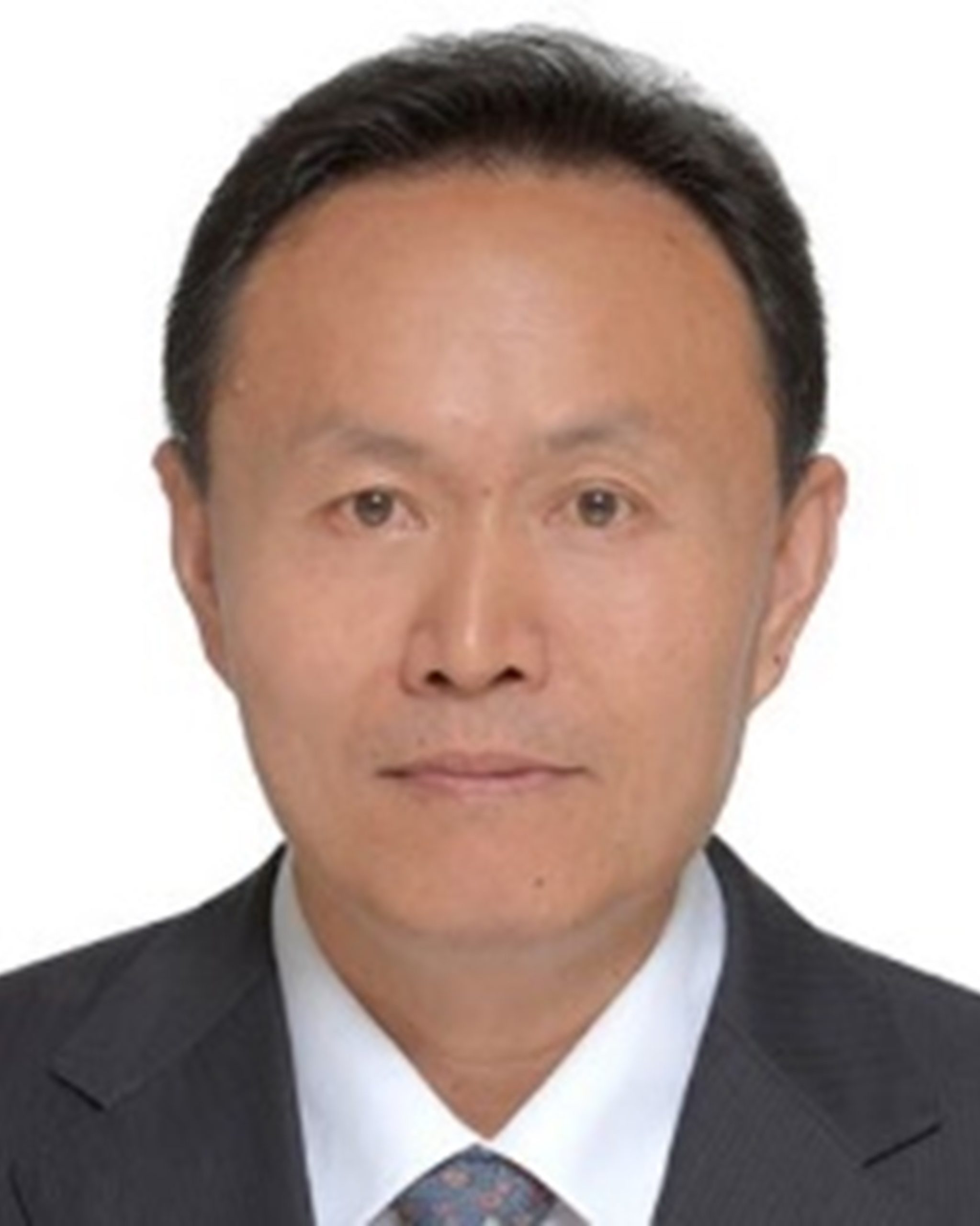
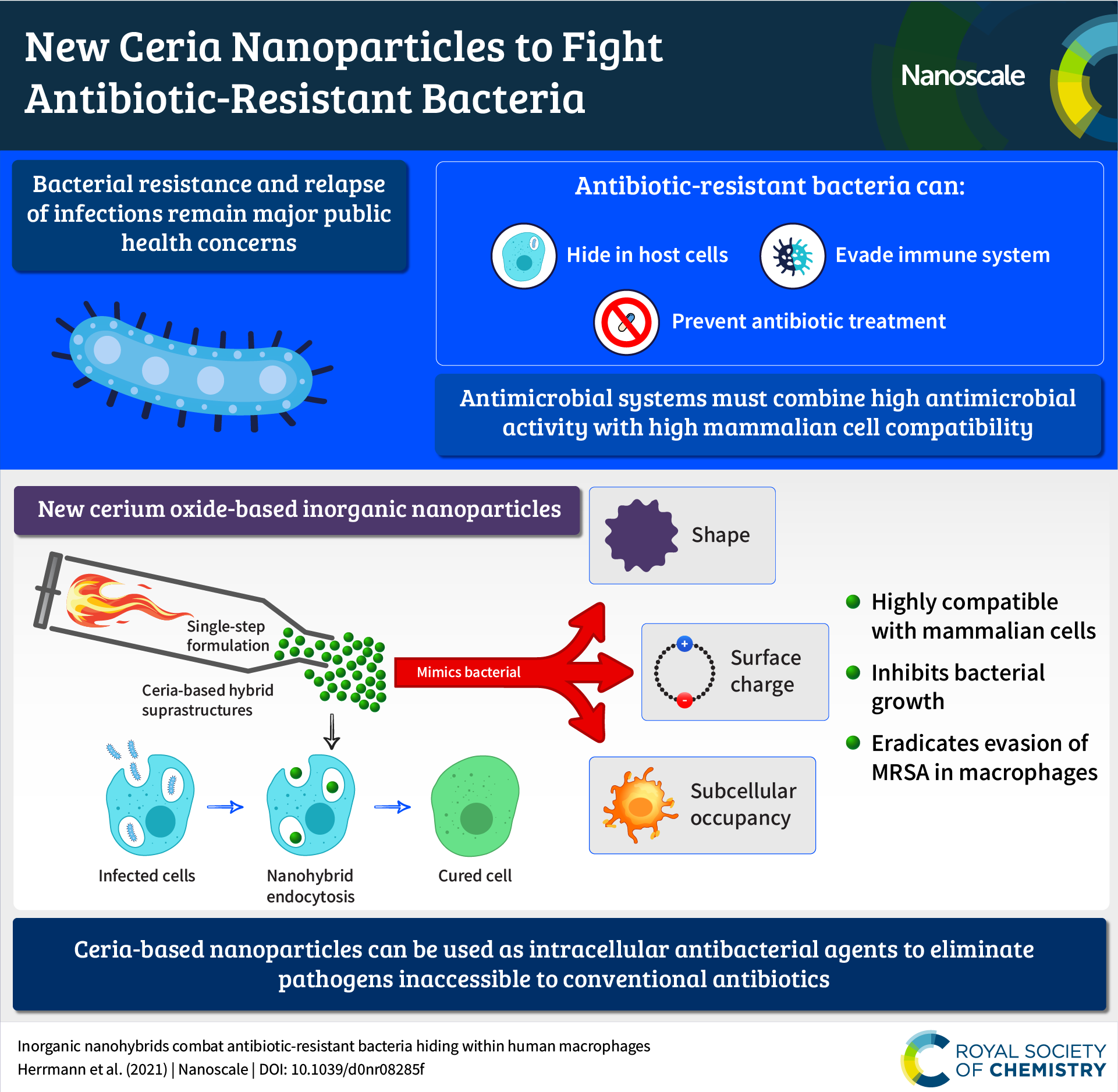


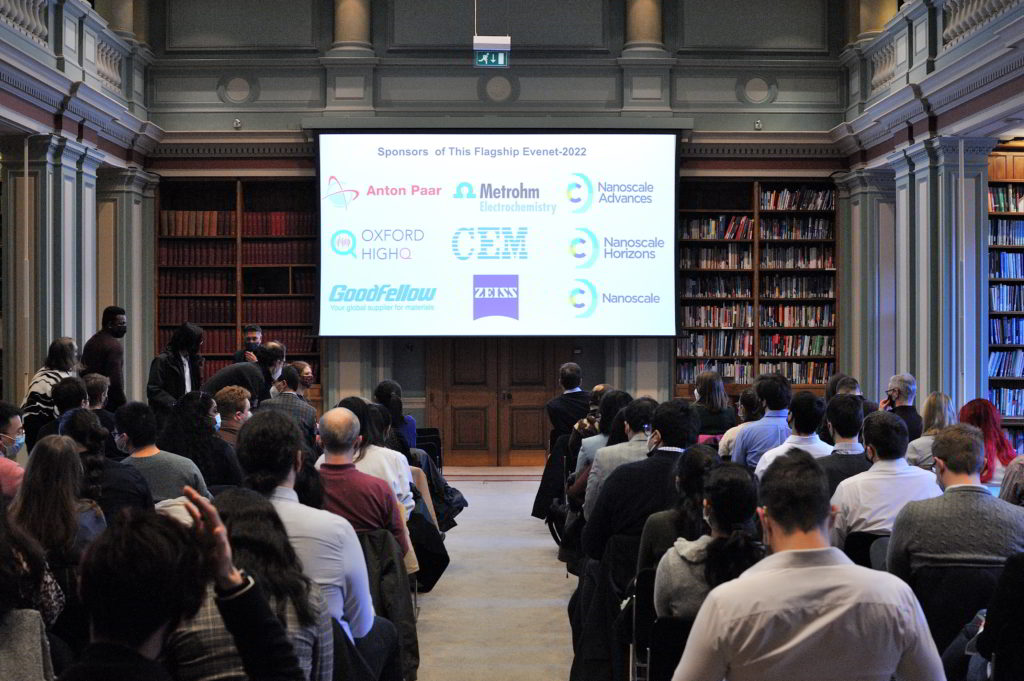
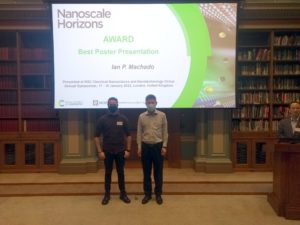
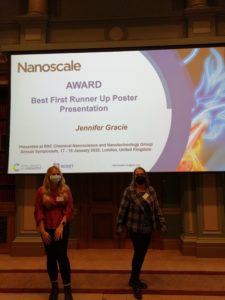
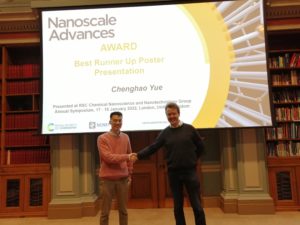
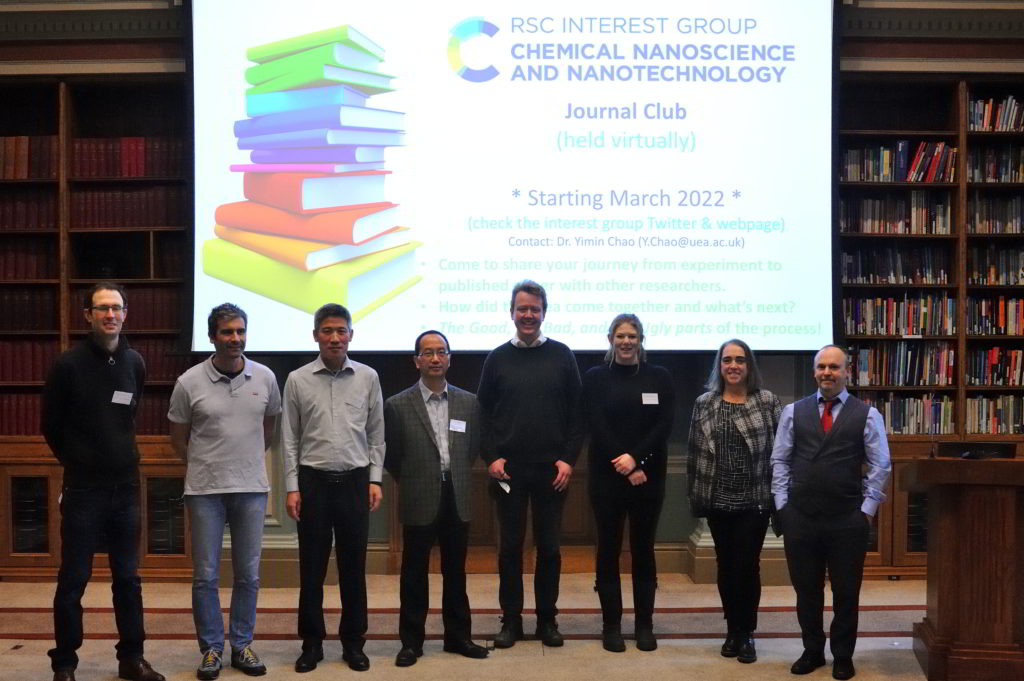
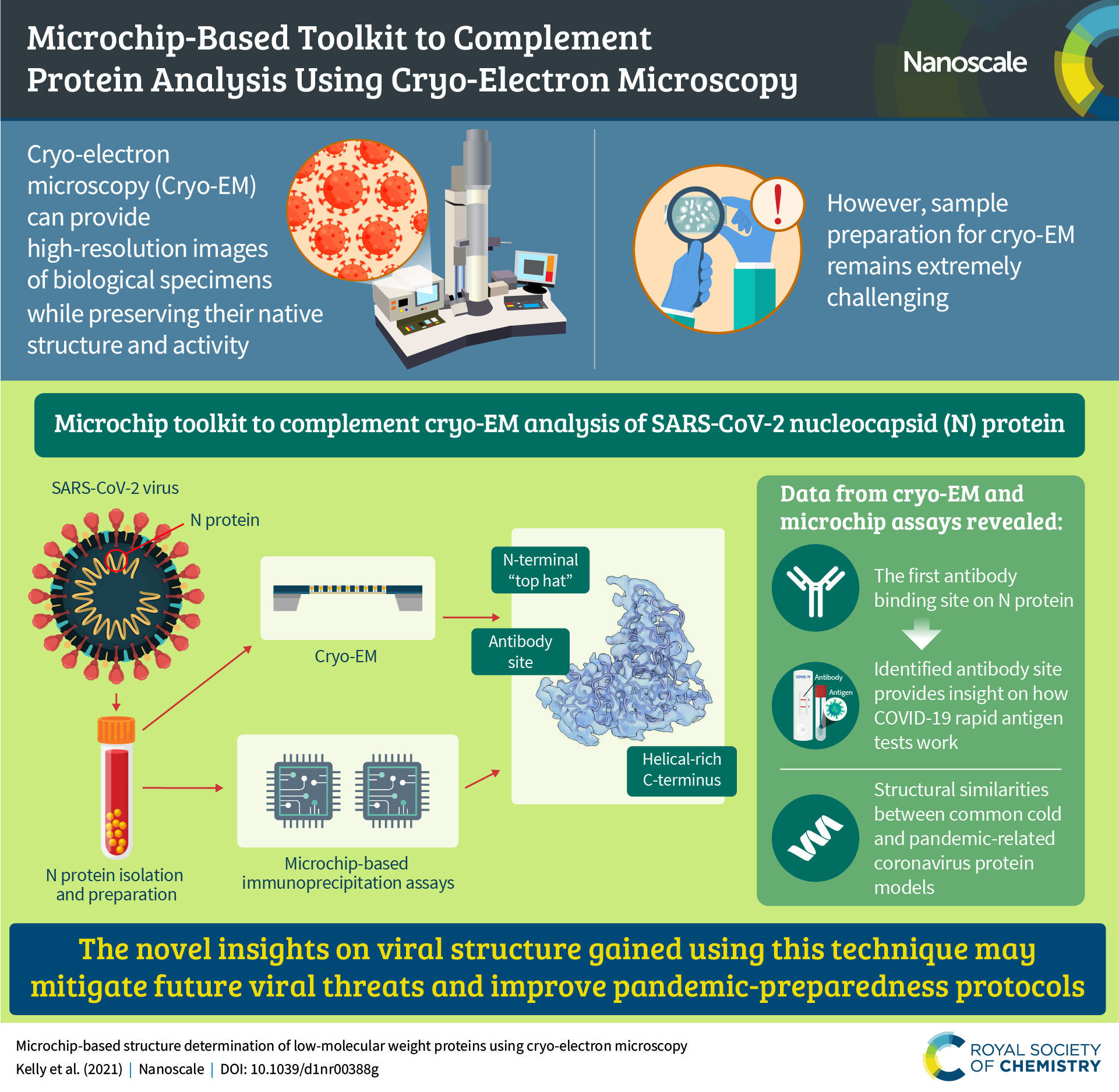

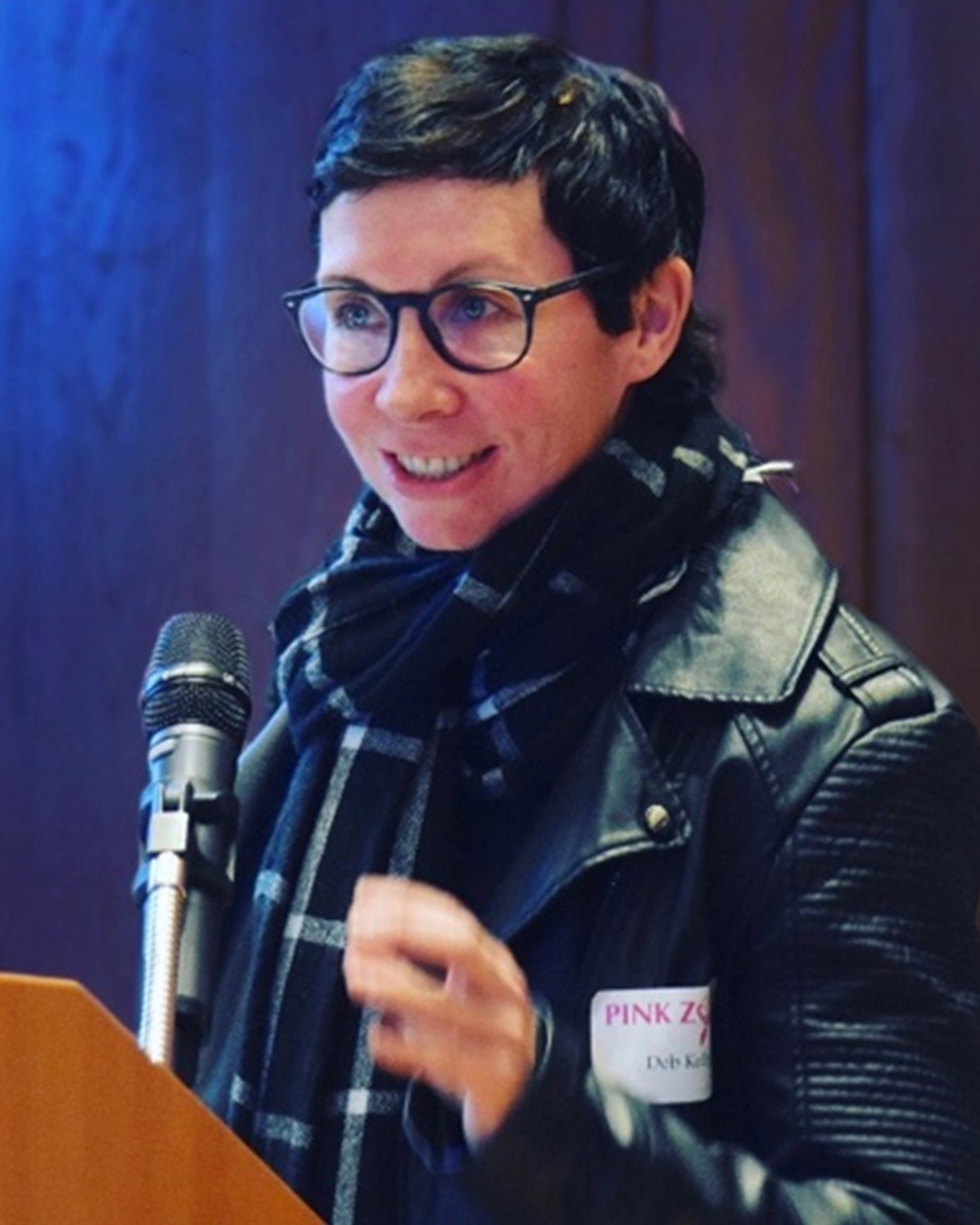
 Along with Professor Sun and Professor Zeng, we welcomed seven other new Nanoscale Advisory Board members in order to better represent the ever-increasing diversity of our authors and readers.
Along with Professor Sun and Professor Zeng, we welcomed seven other new Nanoscale Advisory Board members in order to better represent the ever-increasing diversity of our authors and readers.